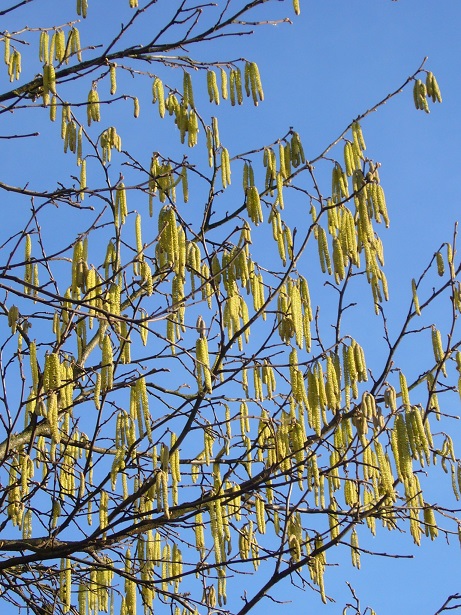Developing an automatic monitoring network for real-time pollen and fungal spores observations
Revolutionising the way we observe pollen and fungal spores

Pollen and fungal spores have been measured in the atmosphere for several decades, initially to meet the needs of medical doctors who required this information to diagnose and treat allergic patients. Later, other uses for these data developed, including to study the effects of climate change, identify and control invasive species, and in the domains of agriculture and sylviculture.
Most monitoring networks are currently based on manual observations that generally suffer from poor time resolution and long delays in data availability. Recent technological developments make it possible to monitor pollen and fungal spores automatically thus providing data in real-time. These timely observations, and the enhanced forecasts they enable, is revolutionizing the information that is available to end-users.
The EUMETNET AutoPollen Programme is developing an automatic monitoring network across Europe, covering all aspects of the information chain: from the initial measurements through to services and products designed to meet end-user needs.
Growing a network across Europe
The EUMETNET AutoPollen programme seeks to take full advantage of the large potential for progress that automatic observations provide. It brings together a consortium from across Europe with the multidisciplinary expertise needed to address the challenges along the entire information chain – from the initial observation through to the final products and services co-designed with end users. The programme is particularly innovative in its cooperation and standardisation from-the-start approach. AutoPollen also favours synergies with a wide range of communities beyond traditional aerobiology, leading to improved service provision and additional savings.
Want to receive our Newsletter?
We send the AutoPollen Newsletter every two months to keep you updated on the news of the communittee and advancements of the AutoPollen programme. Stay tuned!
AutoPollen News
The AutoPollen 2025 Annual meeting took place on the 9-10 October in Córdoba, Spain. The University of Córdoba welcomed us on the Rabanales campus, and organised amazing social activities for the community to bond and discuss. AutoPollen participants updated the community on related European projects, presented their networks and research, and had crucial discussions for the future of the field.

The AutoPollen community has voted for the procedure and documentation of the Site Certification process. The documentation can be found here.
AutoPollen participants met in person in the Natural History Museum in Stockholm in November 28th and 29th. It was a great opportunity to discuss the advancement of the project and plan 2025, as well as to work on our objectives.
On September 24th 2024, Prof. Janet Davies told us about the AusPollen network in Australia, and how they evaluated their impact on allergy sufferers health management.
In the context of the SYLVA project, a new automatic device has been installed on the Jungfraujoch, at an altitude of 3582 m.
Mikhail Sofiev presented the updates of the project SYLVA which which aims to improve temporal resolution, timeliness, coverage and availability of bioaerosol information through building new infrastructure, distribution and exploitation pathways.
The EUMETNET AutoPollen 2024-2028 project is on its way! All participants will meet on May the 27th to organise the next five years and make sure expectations are met.
EUMETNET AutoPollen published a special issue in the journal Aerobiologia.
Our events
| Title | Description | Date |
|---|